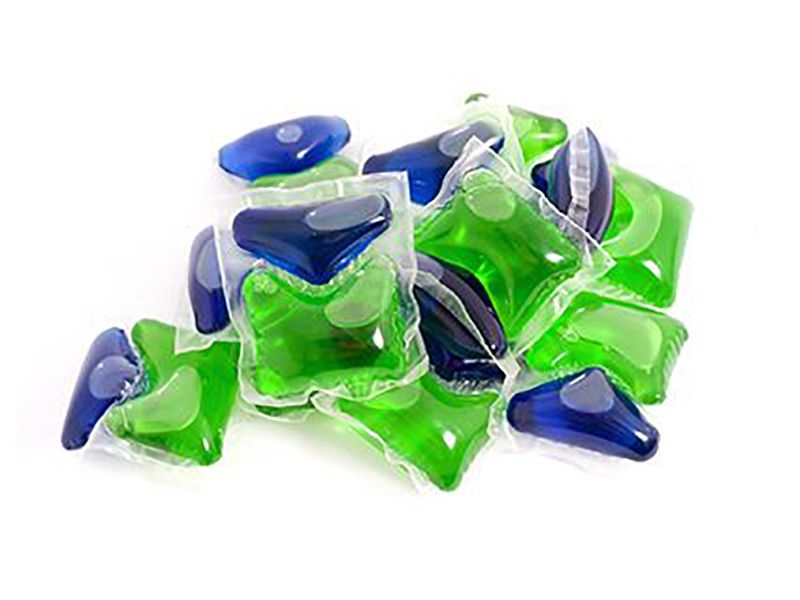
In what amounts to a double whammy for those living with HIV, a new American Heart Association scientific statement says these patients face higher heart risks but also major barriers to health care. Three-quarters of people in the United States with HIV are older than 45 and have significant health problems at earlier ages than… read on >

















